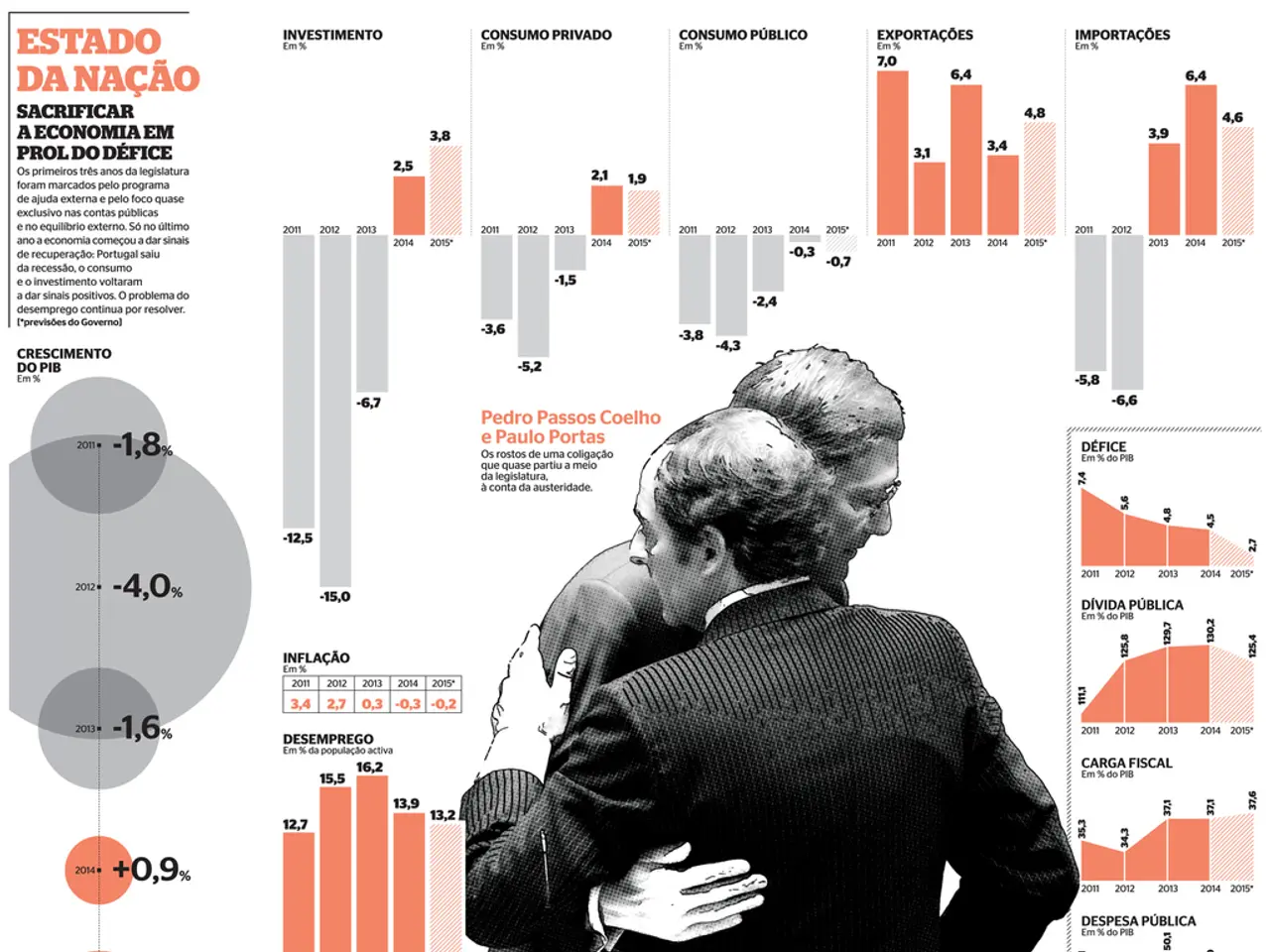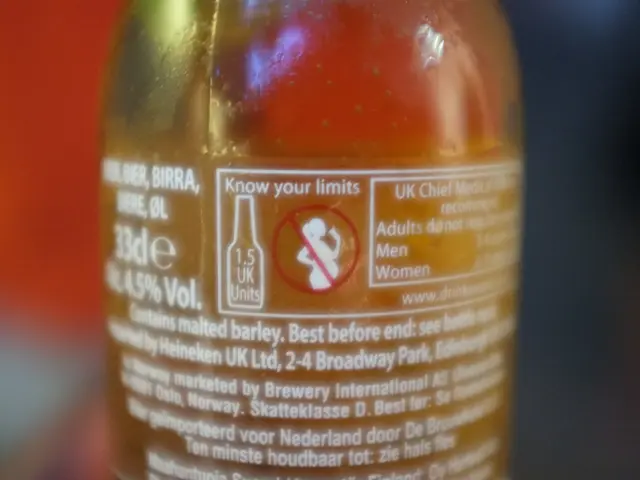Recognizing Enabling Behaviors and Strategies to End Them
In the intricate web of human relationships, enabling behavior often goes unnoticed. It's a pattern where one assumes the role of a problem solver for a loved one, providing support that inadvertently prevents them from learning to make better choices and stand on their own two feet. This cycle, while born out of love and concern, can be detrimental to not only the enabled individual but also to the enabler's own well-being.
Clinical psychologist Adam Borland, PsyD, employed at the renowned Cleveland Clinic, explains that enabling a loved one's problematic behavior may lead to a host of problems. Common themes of enabling behavior include avoiding conflict and making excuses for problematic behavior.
For instance, giving money to an adult child who hasn't spent theirs wisely, or making excuses for a spouse's anger management issues, are examples of enabling. Such actions, while seemingly benevolent, can create a vicious cycle that prevents the loved one from learning to cope and make better choices on their own.
The consequences of enabling can be far-reaching. Your work may suffer due to the emotional and mental strain, and your relationships with other people can be affected. Your emotional capacity dwindles, and you can become more irritable or anxious. Physical symptoms of stress and burnout, such as trouble sleeping, getting sick more often, or changes to your weight, are also common.
It's often easier to see enabling from the outside looking in. Others may point out that you're enabling, but ending an enabling relationship requires assertiveness. It's important to recognize when enough is enough and to make changes, for their good and your own.
Support groups like Al-Anon may be useful for people whose loved ones are living with addiction. Talk therapy can also be helpful for anyone in an enabling situation. Recognizing and addressing enabling behavior is the first step towards breaking the cycle and fostering healthier, more independent relationships.
It's crucial to remember that enabling doesn't make you the 'bad guy.' You're put in a difficult position because you love this person and are trying to make the best of a bad situation. But it's important to understand that your own needs are suffering due to enabling behavior, and it's time to take control and make a change.
Read also:
- Deadly addiction: strategies for smoking cessation to live longer
- Magnesium-Rich Beverages: Origins, Advantages, and Potential Hazards
- Chinese Rare-Earth Mining Endangers the Mekong River's Integrity
- Deteriorating munitions are submerged in the Baltic Sea, and Germany aims to retrieve them before it's too late.







